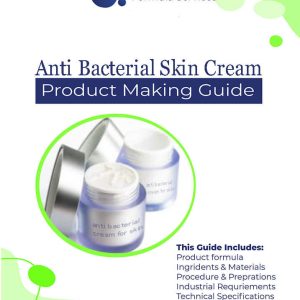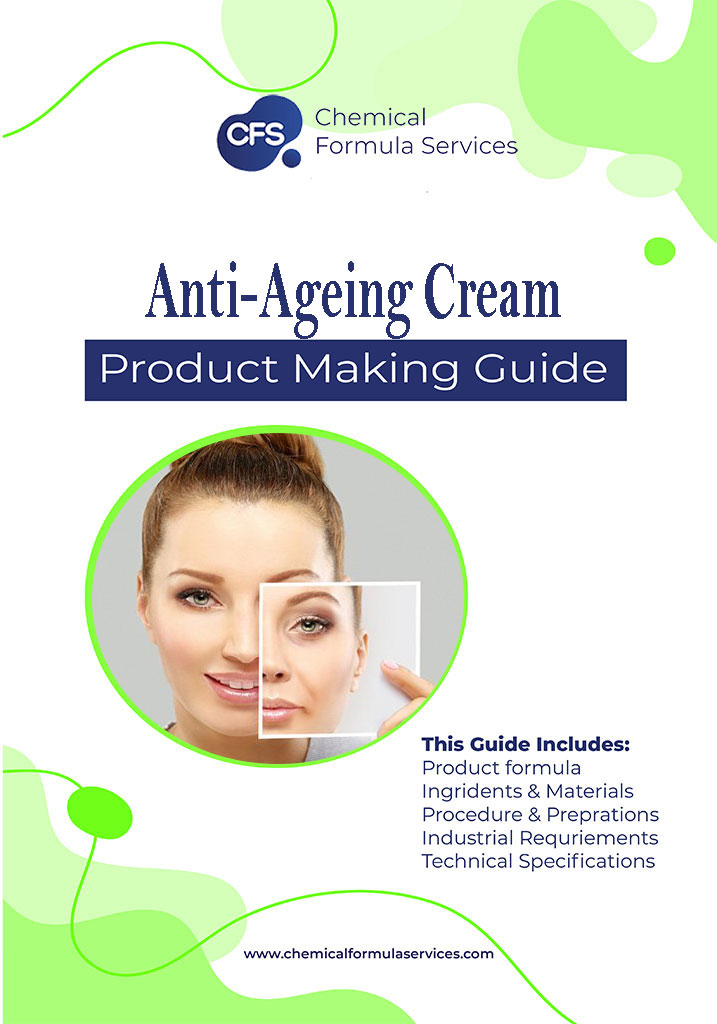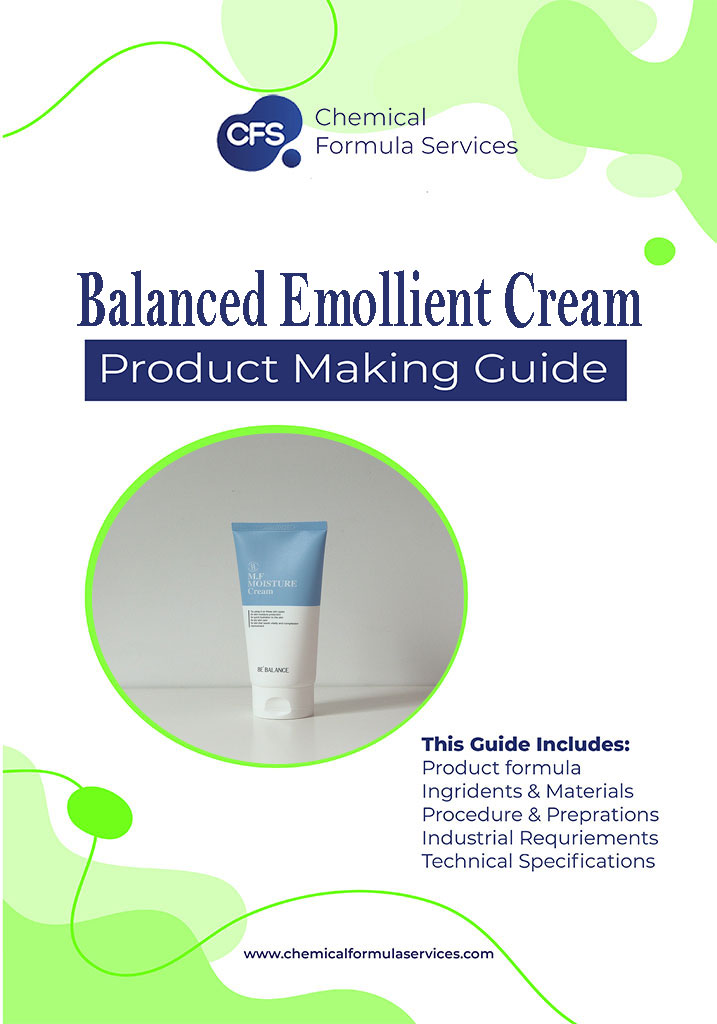Pigmented Cream Formula
$ 60
Description
A pigmented cream is a type of cosmetic product designed to even out the skin tone and provide coverage for areas of hyperpigmentation or discoloration on the skin. These creams typically contain pigments that help to camouflage imperfections and create a more uniform complexion. Pigmented creams are often used as a makeup or skincare product, depending on their formulation and intended purpose.
Here are some key points about pigmented creams making formula:
- Coverage and color correction: Pigmented creams are specifically formulated to provide coverage for areas of hyperpigmentation, uneven skin tone, dark spots, or blemishes. They contain pigments that help to conceal these imperfections and create a smoother, more even complexion.
- Variety of formulations: Pigmented creams come in various formulations, such as tinted moisturizers, color correcting creams, BB creams (blemish balms), or CC creams (color correcting creams). These formulations may differ in terms of coverage, finish (e.g., matte or dewy), and additional skincare benefits they offer.
- Ingredients: Pigmented creams may contain a combination of ingredients, including pigments, emollients, moisturizers, and sometimes sunscreens or other beneficial skincare ingredients. Some pigmented creams also include ingredients that specifically target skin discoloration, such as vitamin C, niacinamide, or botanical extracts.
- Application: Pigmented creams are typically applied to clean, moisturized skin using fingers, a makeup brush, or a beauty sponge. Start with a small amount and blend it into the skin, focusing on areas that need coverage or color correction. Layer the product if more coverage is desired, but avoid over-applying, as it can appear heavy or cakey.
- Additional products: Depending on personal preference and desired outcome, pigmented creams can be used alone or as a base for further makeup application. They can be followed by other makeup products like concealers, powders, or blushes to enhance the overall makeup look.
The point is that the pigmented creams are cosmetic products and provide temporary coverage. If you’re seeking long-term improvement in skin discoloration or hyperpigmentation, it’s recommended to consult with a dermatologist or skincare professional who can provide appropriate treatment options or skincare regimens tailored to your specific needs.
Additionally, it’s advisable to choose pigmented creams that match your skin tone and undertone to achieve a natural-looking result. Many brands offer a variety of shades to accommodate different skin tones. It’s also a good idea to do a patch test before applying the product to your entire face, especially if you have sensitive or reactive skin.








